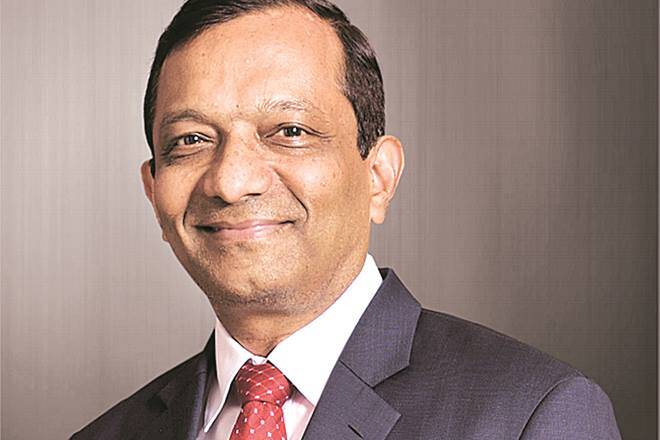New Delhi: The Indian auto and components industry should not de-link completely from imports as self-reliance is “not about being insulated”, and companies should work harder to boost cost competitiveness, bring technology-led innovation to have greater share in global supply chain, Mahindra and Mahindra Managing Director Pawan Goenka said Saturday.
The auto components industry in India has been growing primarily based on cost competitiveness but the same method will not be able to take it to the next level unless there is investment on technology, technology-led innovation and capacity creation, Goenka said.
“Can we and should we de-link from imports completely? I think not, for both the questions. Neither we can nor we should,” he said while speaking at the annual session of the Auto Components Manufacturers Association of India (ACMA).
Goenka further said, “We will have to continue to import to get things that some other countries can do better than us and that is fine. We don’t have to do everything ourselves. Aatmanirbhar is not about being insulated.”
Interdependence will play an important role in global and domestic economies, he said adding “we should avoid any knee jerk reaction or ask for bans of imports or any such acts”.
Such actions could have repercussions for the industry and retaliations by other countries, he said.
Goenka said to reduce imports and enhance self-reliance, there is a need to look at carefully “what are we importing and why are we importing”.
“There are three reasons for it — cost benefits, capacity constraints in India, and technology and technological advantage,” he added.
Based on Mahindra figures, he said, “My guess is about half of the (components) imports — that is Rs 50,000 crore plus — happens because of lower costs. This needs immediate focus. It is very difficult to believe that India is not capable of producing automotive glass, bearings, castings, gear box parts, and wheel rims at competitive costs and the country needs to import these things. We must understand why?”
OEMS, suppliers and the government of India need to work together to remove the disabilities that India has and get this value added into the country’s factories, Goenka asserted.
He also said an estimated Rs 20,00 crore worth of components out of a total of Rs 1 lakh crore imports are “imported because the other country has better technology capability”.
“I personally don’t mind this as we cannot have technological expertise in everything,” Goenka said, however, adding that it was worrisome that there was very little technological innovation happening in India.
“What is the true R&D spend that Indian components industry is doing and how is it compared to Germany, Korea and Japan?” he asked.
Goenka also pointed out that while many multinational component makers are present in India, not many have set up mother plants that are used for global supplies.
“How many multinational suppliers have set up such mother plants in India, if not why not? What is needed to make India attractive to set up such mother plants for multinationals?” he asked.
Stating that the global geo-political equations are in a flux, he said, the narrative around rethinking the supply chain is a God-sent opportunity for India to integrate much deeper into the global supply chain.
Goenka, however, warned that Indian components industry can no longer depend on cost competitiveness alone to grow future exports, saying with time many emerging economies have caught up on manufacturing capabilities and offer equally or even more cost competitive options.
“The growth story of the auto component industry so far will not take us to the next level. While cost will continue to be important, to really achieve greater global market share we need to invest in technology, technology-led innovation and capacity,” Goenka said.
Stating that the “road to Aatmanirbhar lies in our mind”, he said the industry must believe in itself and the prime minister’s vision and put “our combined mind together, SIAM, ACMA and government of India…to make this vision a reality”, he added.
(PTI)
